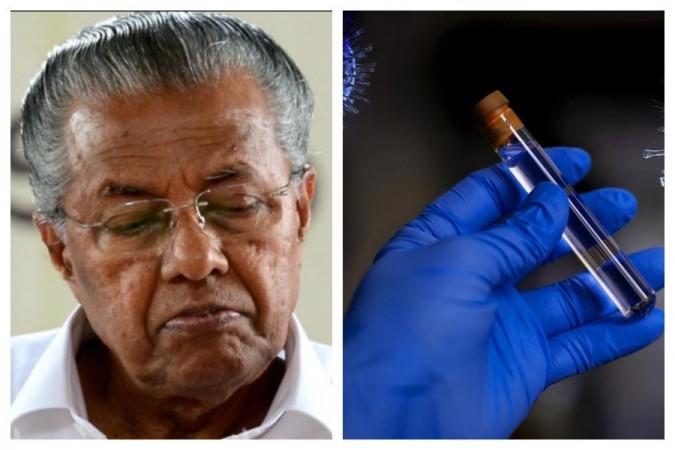Even though the second wave of the Covid pandemic has waned in India, the latest data suggests that at least 30 districts in six states continue to report a weekly test positivity rate (TPR) that stands above 10 percent. Out of these 30 districts, 13 are from Kerala, the southern state in India which is currently the hotbed of the Covid pandemic.
Kerala model failing in Covid management
Medical experts in the country believe that the rise in TPR in several districts clearly hints at the fact that there is something wrong with disease management in these areas.

"There clearly is something amiss as there is a high chance that these high disease burden districts are missing cases. In Kerala, for example, we saw that testing, even though aggressive, was targeted only those contacts who were at high risk. Obviously, positivity will be high in that category. But, if we are not testing enough, then chances are we would miss many, especially asymptomatic positives, who would go around spreading the disease. That's what seems to be happening," said a public health expert who wished to remain anonymous.
For instance, Kerala reported 12,297 fresh Covid cases and 74 deaths in the past 24 hours. The test positivity rate (TPR) in Kerala stood at 13.83 percent on Sunday, which means the pandemic scare is still looming over the state.
College reopening could give another chance to Covid to surface with full fury
Meanwhile, colleges in Kerala have been reopened from October 04 amid Covid restrictions. Even though the minister of higher education has requested colleges to follow strict Covid protocols, it is still unclear how students will abide by the rules. Medical experts believe that reopening colleges at a time when the TPR is high could give another chance to Covid to resurface, and it may even result in mutation, resulting in the evolution of new mutants.
"It is an infectious disease and it keeps coming back whenever it sees an opportunity. We have to ensure it isn't given that opportunity, and which is why the Central government has been time and again advising states and issuing guidelines, to quell any chances of transmission going up," added the public health expert, Hindustan Times reports.















